Naboth and his Vineyard

Giving back the future to God


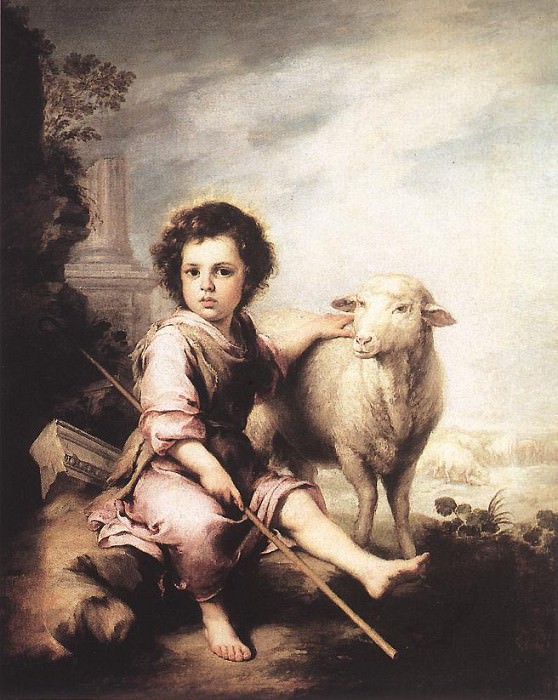
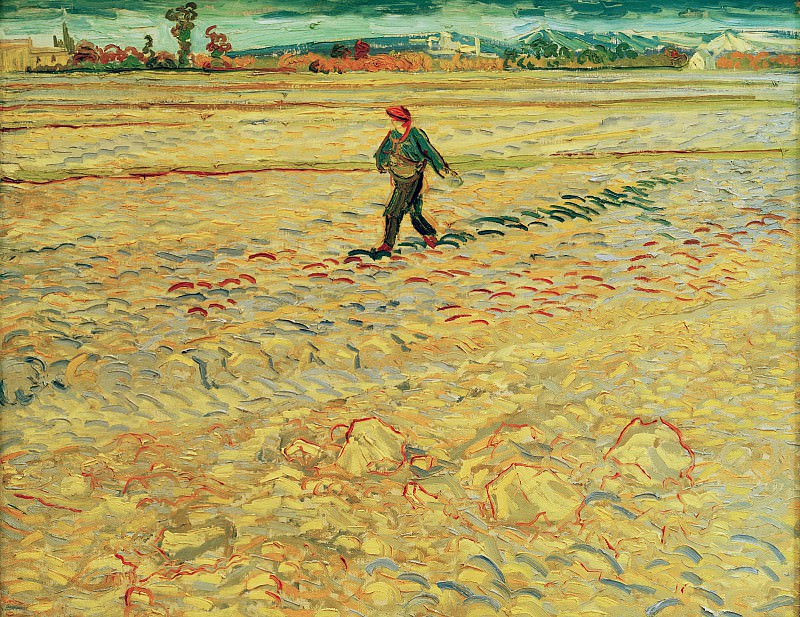
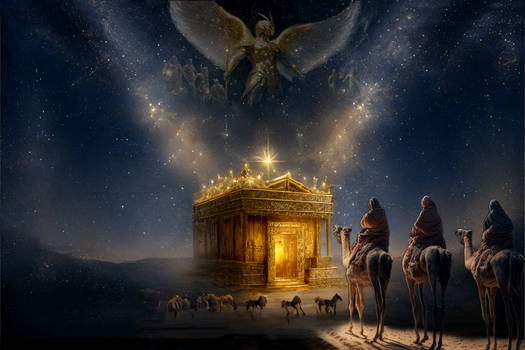
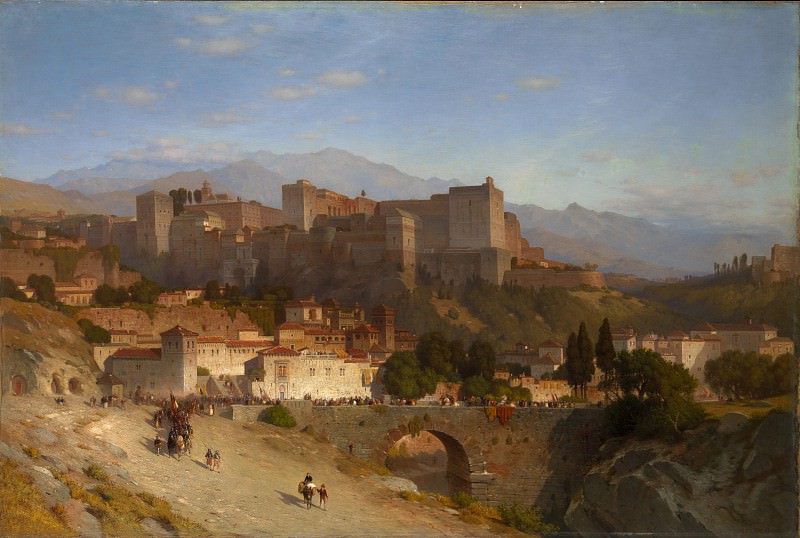
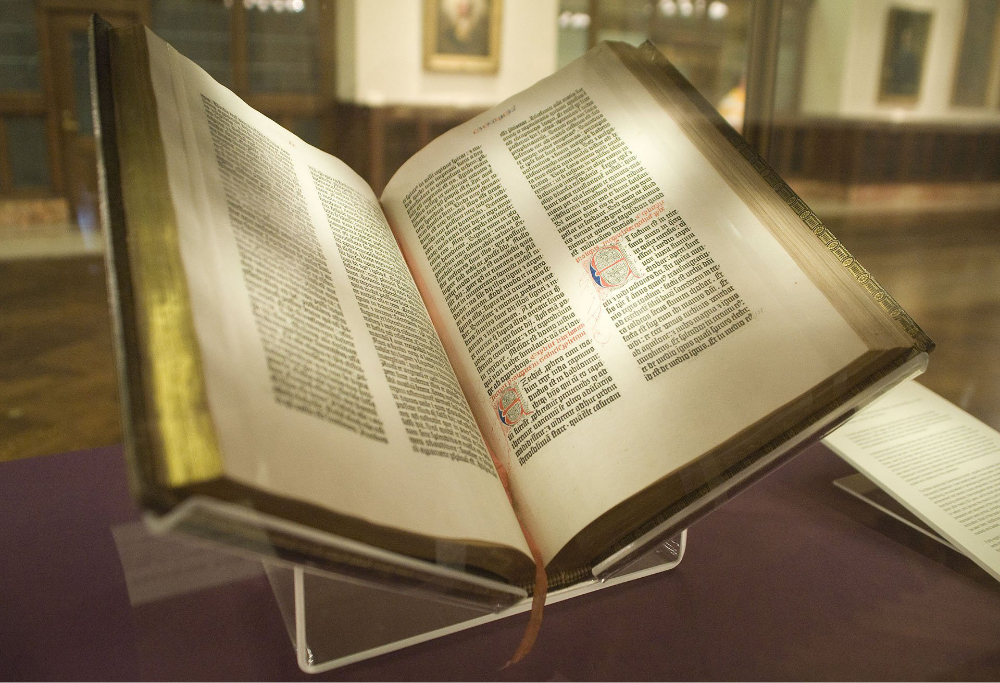
From Origin
The word 'Bible', is the equivalent of the Greek word biblia (diminutive from bı́blos, the inner bark of the papyrus), meaning originally 'books.' The phrase 'the books' (ta biblia ) occurs in Daniel 9:2 (Septuagint) for prophetic writings.
In the Prologue
to Sirach it designates generally the Old Testament Scriptures; similarly in 1 Macc 12:9 ("the holy books"). The usage passed into the Christian church for Old Testament (2 Clem 14:2), and by and by (circa 5th century) was extended to the whole Scriptures.
Bibliotheca Divina
Jerome's name for the Bible (4th century) was "the Divine Library" (3) Afterward came an important change from plural to singular meaning. In process of time this name, with many others of Greek origin, passed into the vocabulary of the western church; and in the 13th century, by a happy solecism, the neuter plural came to be regarded as a feminine singular, and 'The Books' became by common consent 'The Book' (biblia, singular), in which form the word was passed into the languages of modern Europe" (Westcott, Bible in the Church, 5).